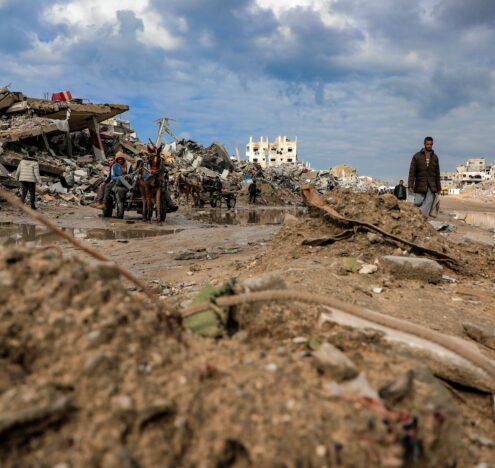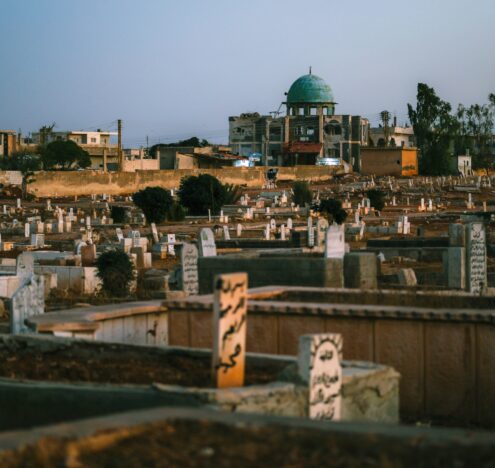Human Rights Watch’s new report, “You Feel Like Your Life is Over,” documented widespread abuse and neglect at three Florida immigration detention centers — Krome North Service Processing Center, Broward Transitional Center (BTC), and the Federal Detention Center (FDC) in Miami — following a surge in detentions under the second Trump administration.
The report revealed that detainees were subjected to overcrowding, medical neglect, degrading treatment, and punitive isolation, violating both international human rights standards and ICE’s own detention guidelines.
By mid-2025, the US immigration detention population had reached a record high of over 56,000 people per day, with nearly 72% having no criminal history. At Krome, the detained population increased by 249% from pre-inauguration levels, often exceeding triple its operational capacity. One detainee described the intake cell as “so cold … I thought I was going to experience hypothermia,” while another recalled sleeping next to a toilet in a room so crowded “people had to step over each other to move.”
Krome, a facility historically used for men, has held women without access to gender-appropriate care or privacy. One woman said, “If the men stood on a chair, they could see right into our room and the toilet.”
Another recounted arriving late at night and being confined for days with dozens of other women in a cell with a single filthy toilet. “We begged the officers to let us clean it, but they just said sarcastically, ‘Housekeeping will come soon.’ No one ever came.”
Medical neglect was pervasive. Detainees with chronic conditions like diabetes, asthma, and kidney disease were routinely denied medication and access to doctors. A woman with gallstones lost consciousness after being denied care for days and was returned to her cell post-surgery without medication. Another man collapsed from a strangulated hernia after repeated pleas for help. “The doctor at the hospital told me that if I had not come in then, my intestines would have likely ruptured,” he said.
Mental health care was also weaponized. At BTC, detainees who sought emotional support were placed in solitary confinement. One woman explained, “If you ask for help, they isolate you. If you cry, they might take you away for two weeks. So, people stay silent.” Another detainee described being punished for seeking mental health care and returned from a hospital stay without follow-up treatment.
The report also detailed incidents of physical abuse and humiliation. At FDC, detainees were forced to eat while shackled with their hands behind their backs. “We had to bend over and eat off the chairs with our mouths, like dogs,” said Harpinder Chauhan, a British entrepreneur detained during a routine immigration appointment. Chauhan, who suffers from diabetes and heart disease, was denied insulin for nearly a week at BTC and collapsed before being hospitalized.
Deaths in custody were linked to medical neglect. One detainee witnessed the death of Marie Ange Blaise, a 44-year-old Haitian woman, after staff delayed calling for help. “We started yelling for help, but the guards ignored us,” she said. “By the time the rescue team came, she was not moving.”
“If you ask for help, they isolate you.”
The report also highlighted how lockdowns, surprise transfers, and limited phone access disrupted legal representation and family contact.
Educational and vocational activities were virtually nonexistent, aside from occasional painting sessions at BTC and library visits at Krome. Lockdowns were sometimes imposed simply due to staff shortages, further isolating detainees and denying them medical care.
Human Rights Watch concluded that these abuses were not isolated incidents but part of a systemic failure.
“People in immigration detention are being treated as less than human,” said Belkis Wille, associate crisis and conflict director. The report called for an end to mass detention, urging the US government to adopt community-based alternatives and enforce independent oversight of detention facilities




















